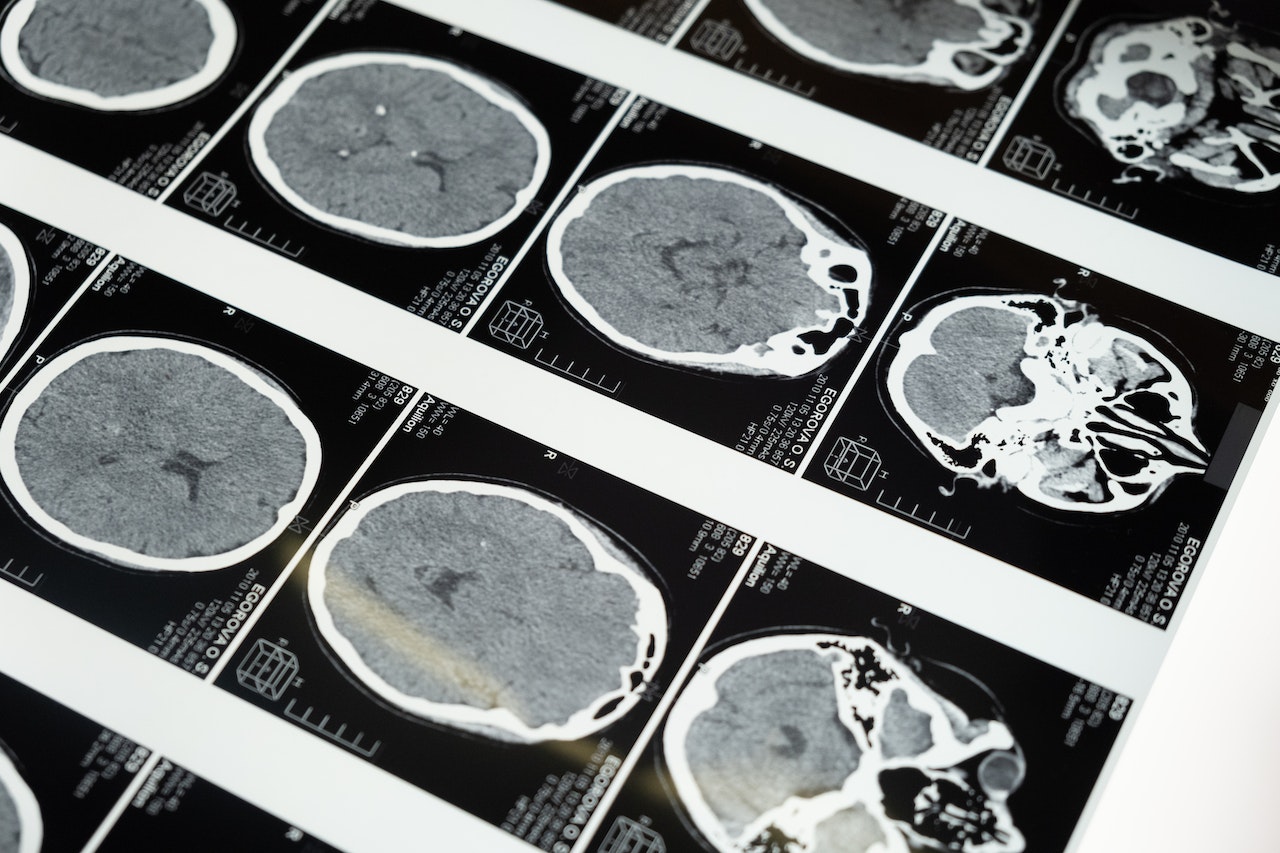Donanemab and Lecanemab, two landmark Alzheimer’s drugs, have shown a 1/3 reduction in the rate of cognitive decline in patients with the disease where not many current viable options exist. There are currently extremely limited treatment options for dementia and many of the drugs, such as memantine, which are only indicated for the slowing of the disease and are not regarded as a cure. Donanemab, the primary drug in question, is the first drug developed which can demonstrably improve symptoms and can bring the disease to a halt in its progression. The preliminary data came from a press release and was circulated widely online, claiming to be the best results from a clinical trial on the disease since drugs were beginning to be developed.
Eli Lilly, the developer of Donanemab, showed a reduction in cognitive decline in Alzheimer’s patients by 35% whilst results last year for Lecanemab, made by Eisai and Biogen, reduced the rate by 27%. The executive director of research and partnerships at Alzheimer’s Research UK, Dr Susan Kohlhaas, said regulators must promptly consider the status of the drugs long waits for clinically effective treatments. “We now have two potentially life-changing Alzheimer’s treatments on the horizon and we need to see rapid regulatory decisions so people who could benefit from these treatments aren’t left in limbo,” Kohlhaas said. “After 20 years without new Alzheimer’s medicines, people affected by this disease deserve to have answers about new treatments as quickly as possible.”
Problems associated with dementia such as frailty, cause falls and hip fractures and have wide ranging social impacts - instead of just affecting the individual, dementia can have extremely distressing effects to close family members, spouses and friends. As the disease progresses, the individual can change in their ability to communicate, remember, and carry out activities and the individual is not aware of these changes. Although care has been optimised to improve quality of life and halt the progression of the disease through lifestyle and other factors, a recent drug breakthrough could be the most promising therapeutic yet to be developed in the modern world.

Using an innovative antibody technique, Donanemab binds to amyloid plaques in the brains of affected people, which are the culprit for disease progression due to build up and deposition. In targeting the plaque, the drug is directly tackling the causative factor in disease progression, rather than augmenting the function of other brain areas to compensate for failings in other parts of the brain. The specificity of this drug targeting amyloid plaque needs to be used directly in those affected by amyloid plaques, as there are a range of proteins which can cause the disease itself and thus this is a specific treatment for that protein. In light of this, it appears that these drugs may be most useful in the specific sub sections of dementia and Alzheimer’s which are centred around amyloid plaques and their harmful effects.
Eli Lilly has put forth an application for Donanemab in the US and will do so in the UK in the coming weeks, according to sources. The source added, “Submissions to other global regulators are currently under way,”. The results, showing a 35% reduction in cognitive decline by targeting specific tau proteins, has been hailed as a breakthrough by people like David Cameron and leaders of organisations like Alzheimer’s UK. Dr Richard Oakley, associate director of research and innovation at Alzheimer’s Society, said: “This is truly a turning point in the fight against Alzheimer’s, and science is proving that it is possible to slow down the disease. Treatments like Donanemab are the first steps towards a future where Alzheimer’s disease could be considered a long-term condition alongside diabetes or asthma – people may have to live with it, but they could have treatments that allow them to effectively manage their symptoms and continue to live fulfilled lives.”
